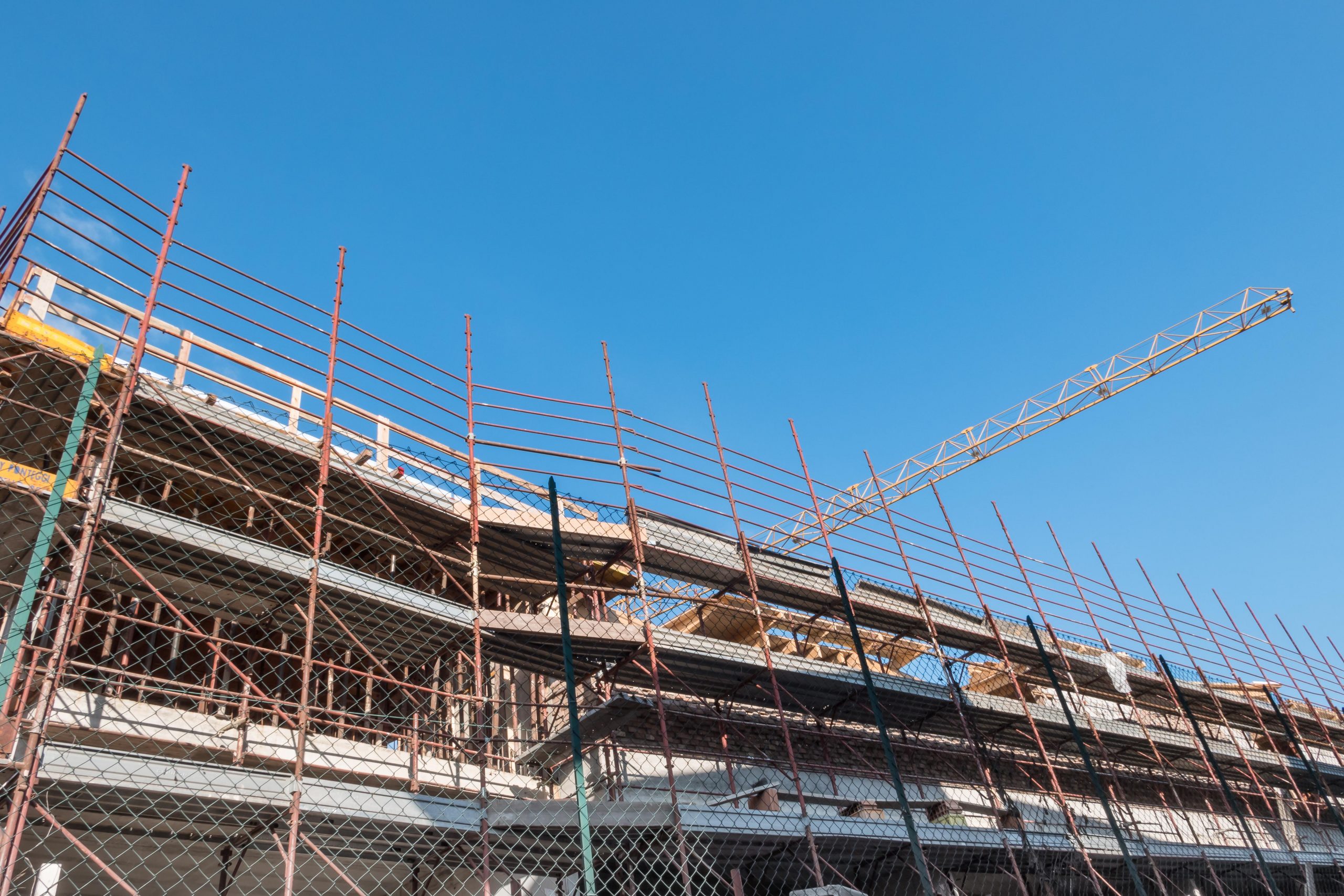
Is It Better to Build Up or Out?
When it comes to starting a new construction build or adding on to an existing building, this important question is bound to come up: Is it better to build up or out? In other words, should you increase the size of the building vertically or horizontally? There are a number of factors that come into play to determine the answer. Building up and building out both have their advantages and disadvantages, so you can decide for yourself which option is best for your construction project.
What Are the Advantages of Building Up?
When you build up, you add square footage without expanding the building’s foundation or roof. This means you save on the costs associated with foundation and roofing materials. If you add a second story, you double your space without taking up additional land, which means you can also save money by purchasing less land. For this reason, building up is especially helpful when land is expensive or in short supply. Overall, building up is generally cheaper than building out.
Building up also allows commercial contractors to make the space more customized for their clients. In commercial construction projects, a general contractor can oversee the construction of a multi-story building and can design each story for a different company. When the building is taller, it is typically narrower, meaning small companies can more easily afford an entire floor to themselves that they can then have the commercial contractor customize to meet their specific needs. Having offices separated on different floors is quieter for the building’s professional occupants and thus much more attractive to small companies. Taller buildings with more stories are also more impressive to look at, which can be another benefit for companies who want to portray a certain image.
What Are the Disadvantages of Building Up?
Some towns and cities have limits on how tall buildings can be, and this can become an issue when you want to build up. Before you plan your construction project, make sure you are aware of any local height restrictions. Additionally, when you are building up, you lose 80 to 120 square feet of usable space to a stairwell. Your occupancy space may be smaller than you originally intended if you do not take this into account when planning your commercial construction project. If you are adding another story to an existing building, the walls and ceiling of the existing building will most likely need to be torn apart to add structural supports and utility lines.
What Are the Advantages of Building Out?
When you build a wider building, each office is closer to the parking lot, which can be attractive for both the building’s occupants and their customers. This is especially helpful when serving customers who have disabilities. In single-story buildings, you can build high ceilings or add attractive features to the ceilings as well. High ceilings allow for a larger variety of uses in the space, and skylights or vaulted ceilings can make the space more appealing and welcoming.
One of the biggest advantages of building out when making additions to an existing building is it causes less disruption to the already built space. This means you can still use the space while the construction project is underway. Plus, small additions may be able to be built on without expanding the foundation, thus reducing costs.
What Are the Disadvantages of Building Out?
Building out requires more land than building up. This means you will have to purchase a larger lot to accommodate your commercial construction project. Some towns and cities also have restrictions on how far your building can extend toward a neighboring property or the road. This means you may not be able to have as large of a building as you had hoped without adding more stories. You can also face restrictions on your floor area ratio, which dictates how large your building’s floor area can be in relation to the size of the lot on which it is built. Be sure to make yourself aware of all zoning restrictions in your area to ensure your commercial construction project will be allowed.
Planning Your Commercial Construction Project with a General Contractor
As you can see, building up and building out both have their pros and cons. Generally, building up is cheaper, but cost is not always the only determining factor you should look at. Whether you should build up or out is dependent on many factors, including the purpose of the construction project, the zoning restrictions in your area, the availability of land, and more. Examine each of these and discuss them with your commercial contractor before planning your construction project. A general contractor can advise you on the best way to design and build your construction project to meet your needs. Nella Constructors is a national general contractor based out of East Tennessee. We have a seasoned staff with years of experience, who have successfully completed hundreds of remodeling, renovation, and new construction projects. With our expertise in commercial construction we can help you come up with the best construction project design to accomplish your goals, and we will see the project through to completion. If you are ready to start your next construction project, reach out to us today at 865-471-1015 or online.





